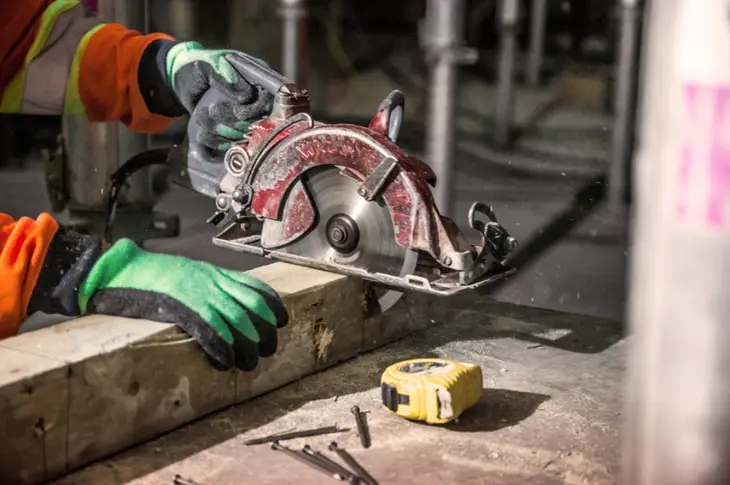
The Impact of Artificial Intelligence on Construction Management
- Admin
Artificial Intelligence (AI) is revolutionizing various industries, including construction management, by enhancing efficiency, productivity, and safety. In this article, we explore the profound impact of AI on construction management practices and its potential to reshape the future of the construction industry.
Introduction:
Artificial Intelligence (AI) encompasses technologies that enable machines to perform tasks that typically require human intelligence, such as learning, problem-solving, and decision-making. In the construction industry, AI applications are transforming how projects are planned, executed, and monitored. From predictive analytics to autonomous machinery, AI is driving innovation and efficiency in construction management. In this article, we delve into the diverse applications of AI in construction management and its implications for the industry.
1. Predictive Analytics for Project Planning:
AI-powered predictive analytics tools analyze historical project data and environmental factors to forecast project outcomes and risks. By leveraging machine learning algorithms, construction managers can make more informed decisions regarding project scheduling, resource allocation, and budget management. Predictive analytics also enable early identification of potential delays or cost overruns, allowing for proactive mitigation measures to be implemented.
2. Autonomous Construction Equipment:
AI-enabled autonomous construction equipment, such as drones and robotic machinery, is revolutionizing construction site operations. Drones equipped with AI-powered cameras can perform aerial surveys, monitor progress, and identify safety hazards in real-time. Similarly, robotic construction equipment, guided by AI algorithms, can automate repetitive tasks such as bricklaying, concrete pouring, and site grading, improving efficiency and reducing labor costs.
3. Enhanced Safety Monitoring and Compliance:
AI technologies are enhancing safety monitoring and compliance on construction sites through the use of wearable devices, sensors, and computer vision systems. Wearable devices equipped with biometric sensors can track workers' vital signs and detect signs of fatigue or distress, allowing for early intervention to prevent accidents. Computer vision systems powered by AI can analyze video feeds from construction sites to identify safety hazards, ensure compliance with safety protocols, and facilitate incident investigation.
4. Real-time Project Monitoring and Progress Tracking:
AI-driven monitoring systems provide real-time insights into project progress, productivity, and resource utilization. By integrating data from sensors, IoT devices, and project management software, construction managers can monitor work activities, track equipment usage, and identify bottlenecks or inefficiencies. Real-time monitoring enables proactive decision-making and optimization of construction processes to ensure projects stay on schedule and within budget.
5. Virtual Assistants for Construction Management:
AI-powered virtual assistants, or chatbots, are increasingly being used in construction management to streamline communication, coordination, and information retrieval. Virtual assistants can answer queries, provide updates on project status, and facilitate collaboration among project stakeholders. By automating routine tasks and inquiries, virtual assistants free up valuable time for construction managers to focus on strategic decision-making and problem-solving.
Conclusion:
In conclusion, Artificial Intelligence (AI) is transforming construction management practices by introducing innovative solutions for project planning, safety monitoring, progress tracking, and communication. As AI technologies continue to evolve and mature, the construction industry stands to benefit from increased efficiency, productivity, and safety. By embracing AI-driven solutions, construction companies can stay competitive, drive innovation, and deliver projects more effectively in an increasingly complex and dynamic environment.
